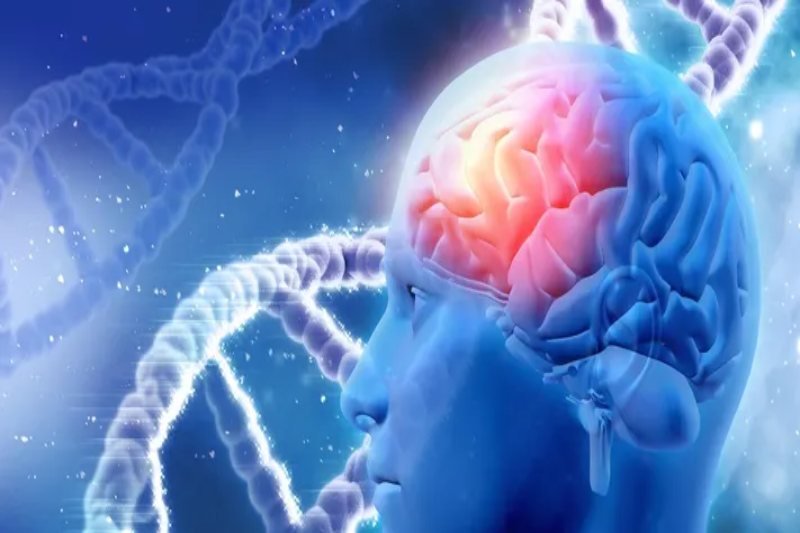Researchers at the University of São Paulo have uncovered fresh information regarding the connection between adolescent stress and the likelihood of developing mental disease as an adult.
The extensive study, which included rat trials, shows that the brain’s gene expression is significantly altered, especially when it comes to genes related to energy consumption.
The study sheds important light on the connection between long-term psychiatric illnesses and stress during adolescence.
Crucial period for development
“Like the human brain, the brain of an adolescent rat is highly plastic. This plasticity is seen at the molecular level and in terms of behavior,” explained study first author Thamyris Santos-Silva.
“Changes in the expression profiles of specific genes in different brain regions lead to alterations in brain cell connectivity, which spread systemically and can produce persistent alterations in adulthood that correlate with psychiatric disorders.”
“Adolescence is a critical period for brain plasticity, which is significantly influenced by social experience,” said study co-author Felipe Villela Gomes. “Susceptibility to adverse social and environmental factors, such as traumas, insults and abuse, increases during this period, and social experience can influence vulnerability and resilience to stress.”
The prefrontal cortex
The prefrontal cortex is the focus of the study because it is a section of the brain that is more vulnerable to stress during adolescence. Rats exposed to adolescent stress showed decreased levels of gene expression linked to mitochondrial respiration in this area, which is critical for the adult cognitive regulation of emotions.
Often referred to as the “powerhouses of the cell,” mitochondria are responsible for producing the chemical energy required for neurons to function. In the end, mitochondria are essential for controlling stress reactions and social behavior.
The study’s primary focus
The study started by examining how late-adolescent rats responded behaviorally to stress in terms of social interaction, anxiety, and cognition. Ten days in a row, during a time of high brain plasticity, the rats were subjected to a stress protocol.
Significant deficits were seen in all investigated domains according to behavioral assessments. In this period of life, stressed mice showed a notably bad behavioral profile, including anxiety, decreased sociability, and impaired cognitive performance, according to Gomes’ research.
Variations in the expression of genes
Rats’ RNA samples were transferred to Professor Carmen Sandi’s Behavioral Genetics Laboratory of the Brain Mind Institute at the Swiss Federal Institute of Technology in Lausanne in order to better understand these behavioral changes.
The group found that stressed animals have changes in their prefrontal brain genes through sequencing and bioinformatics analysis.
“The analysis showed alterations to the genes of the prefrontal cortex in the stressed animals. Among the ten most affected genes, several were associated with pathways linked to oxidative stress and mitochondrial function, a key cellular component of energy production for the brain,” said Gomes.
The role of mitochondria
The researchers also discovered that stressed rats’ brains had reduced oxygen consumption by mitochondria, highlighting the critical role that mitochondrial activity plays in the behavioral profile that is seen.
“We now have evidence of various kinds pointing to the importance of mitochondrial function in this behavioral profile,” said Gomes.
Upcoming Studies
In the future, the research team intends to investigate if this behavioral profile may be used to predict a person’s stress response and its propensity to result in mental health issues.
“Another route to advance the study would be to focus on genetic alterations, conducting tests to find out what happens when gene expression diminishes or improves. This could provide more evidence regarding the links between stress and the alterations in question, and even point to ways to combat them,” Gomes said.

 Diabetology2 weeks ago
Diabetology2 weeks ago
 Diabetology2 weeks ago
Diabetology2 weeks ago
 Diabetology1 week ago
Diabetology1 week ago
 Diabetology1 week ago
Diabetology1 week ago
 Diabetology1 week ago
Diabetology1 week ago
 Diabetology2 weeks ago
Diabetology2 weeks ago
 Diabetology1 week ago
Diabetology1 week ago
 Diabetology2 weeks ago
Diabetology2 weeks ago


















